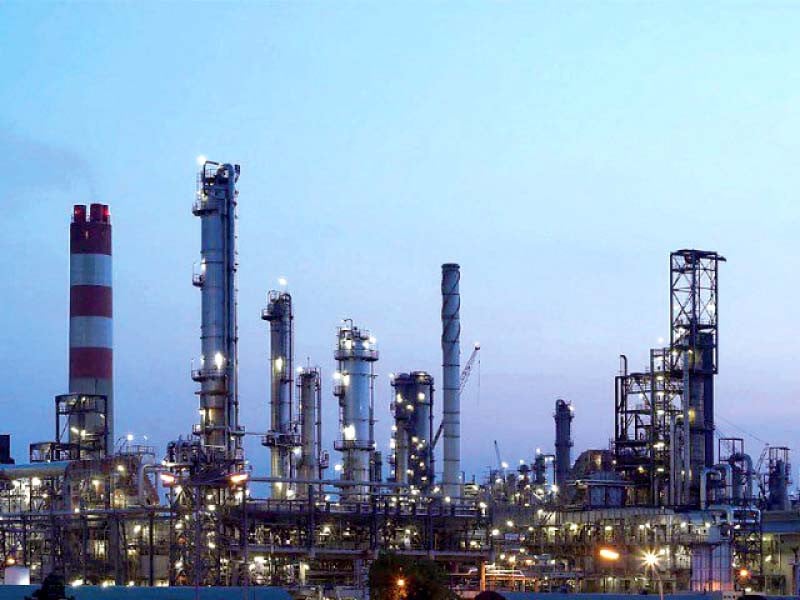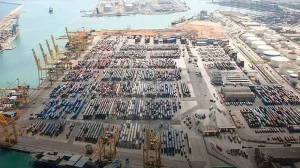Islamabad, Feb 14: Local refineries in Pakistan have urged the Oil and Gas Regulatory Authority (OGRA) to delay the import of high-speed diesel (HSD) and motor spirit (MS) petrol until March, citing sufficient stock levels to meet the nation’s immediate fuel needs. In a letter sent to OGRA earlier this week.
The managing directors of major refineries, including Pak Arab Refinery Company Limited (PARCO), Cnergyico Pakistan Limited (CNERGY), National Refinery Limited (NRL), Pakistan Refinery Limited (PRL), and Attock Refinery Limited (ATRL), emphasized that they have enough diesel and petrol in storage to cover the country’s requirements for 39 and 36 days, respectively.
READ MORE: Govt Announces Key Changes in Federal Bureaucracy
The refineries have expressed concerns over the lack of uptake of petroleum products by oil marketing companies (OMCs), which is exacerbating the situation and further complicating the management of local fuel supplies. The refineries are urging the authorities to consider the current stock levels and hold off on new imports to prevent an oversupply, which could put additional strain on local storage and refinery operations.
This request comes after a similar situation last year when the oil industry raised alarms over rising stock levels. In August 2024, refineries warned OGRA that an increase in fuel inventories had reached record levels, putting the sustainability of local refineries at risk. The growing stockpile, combined with the slow pace of product upliftment by OMCs, led to fears that continued pressure on storage capacity could result in significant operational challenges for the country’s refineries.
As the situation develops, the oil industry is urging a balanced approach to managing local fuel production and imports, ensuring that refineries remain viable while meeting national fuel demands. The refineries’ request highlights ongoing concerns about the dynamics of Pakistan’s fuel supply chain and the need for better coordination between refineries, OMCs, and regulatory authorities to avoid disruptions in the supply of essential petroleum products.









